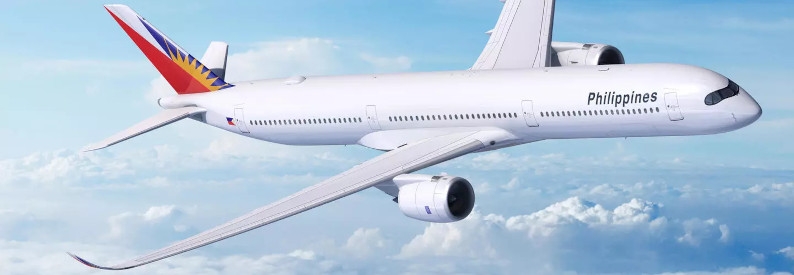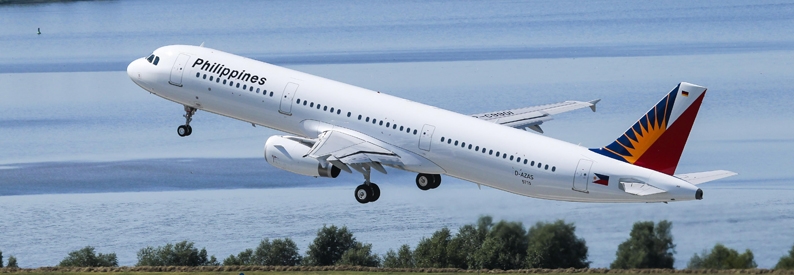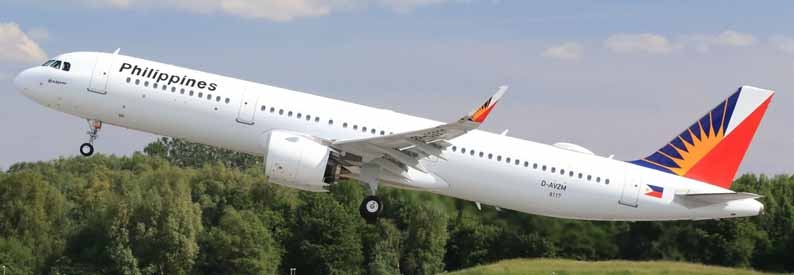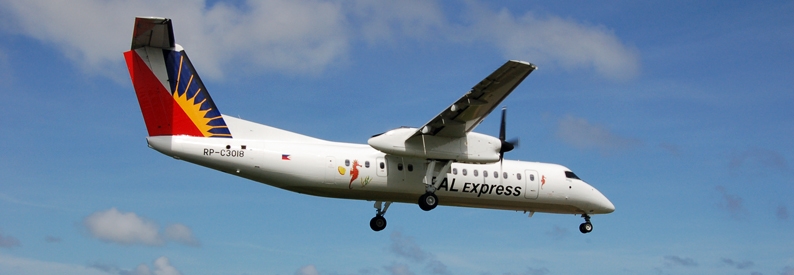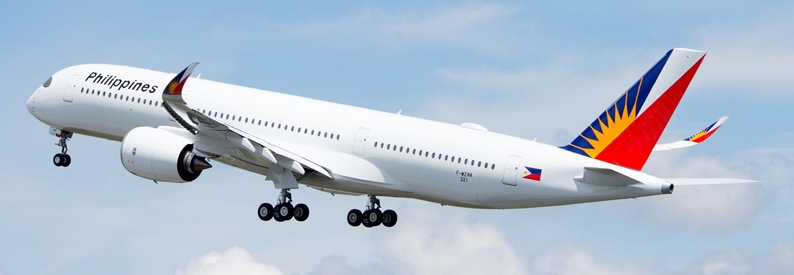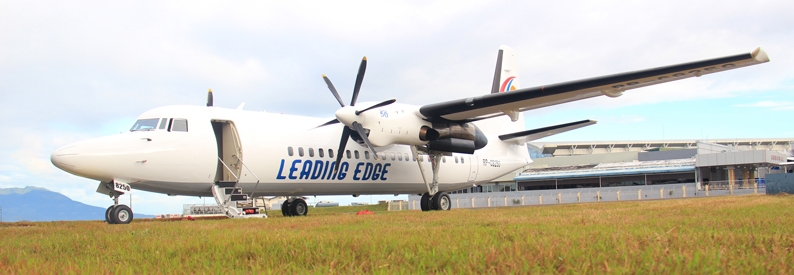Philippine airlines are seeking a reduction or stay in government-imposed charges to help mitigate the effects of rising fuel prices on their operations.
This is according to Bonifacio Sam, Chairman of the Air Carriers Association of the Philippines (ACAP), which represents the local airline industry, including PAL Express, Cebgo, Cebu Pacific Air, Philippine Airlines, and Philippines AirAsia.
Addressing a special sitting of a Fuel Crisis Ad Hoc Committee in the Filipino House of Representatives on March 7, Sam said Mean of Platts Singapore (MOPS) oil prices had increased from USD79 per barrel in December 2021 to USD124 per barrel by March 4, 2022. (MOPS is the average of a set of Singapore-based oil product price assessments published by Platts, a global energy, petrochemicals, metals, and agriculture information provider and a division of S&P Global.)
He noted that in 2018, the Philippines Civil Aeronautics Board (CAB), in consultation with the local aviation industry, had developed a formula to determine the fuel surcharges that airlines may impose on passenger fares to cushion the impact of rising fuel prices. The formula was twice amended in 2019 and 2021, reported the STAR Group of Publications.
While the association welcomed the mechanism, its implementation was left to the discretion of individual airlines. He said the aviation industry would continue to monitor the situation and “exercise fiscal discipline and tap effective revenue-generating measures amid this current situation, including implementing cost mitigating strategies”.
As a result of spiralling jet fuel prices, passenger fuel surcharges increased between PHP108 and PHP411 peso (USD2.06 and USD7.86) in March 2022, compared to between PHP45 and PHP171 (USD0.86 to USD3.27) in March 2020 and March 2019 for domestic flights, according to CAB.
Passenger fuel surcharges for international flights rose to between PHP543 and PHO5,026 (USD10.38 and USD96,12) in March 2022 from between PHP218 and PHO2,076 (USD4.16 and USD39.70) in March 2020 and March 2019.
Meanwhile, Speaker Lord Allan Velasco lauded the government’s move to provide fuel subsidies to sectors directly affected by the rising oil prices, reported the Philippine News Agency.
“I believe that what the government is doing, giving subsidies to targeted beneficiaries who are severely affected by unabated oil price hikes, is the best solution for now,” Velasco said.
The government had announced it was preparing to release PHP2.5 billion (USD47.8 million) for a subsidy programme providing fuel vouchers to qualified members of the public transport sector.
In the meantime, the Fuel Crisis Ad Hoc Committee would ask President Rodrigo Duterte to call a special Parliamentary session to discuss a special Bill addressing taxes on fuel.

